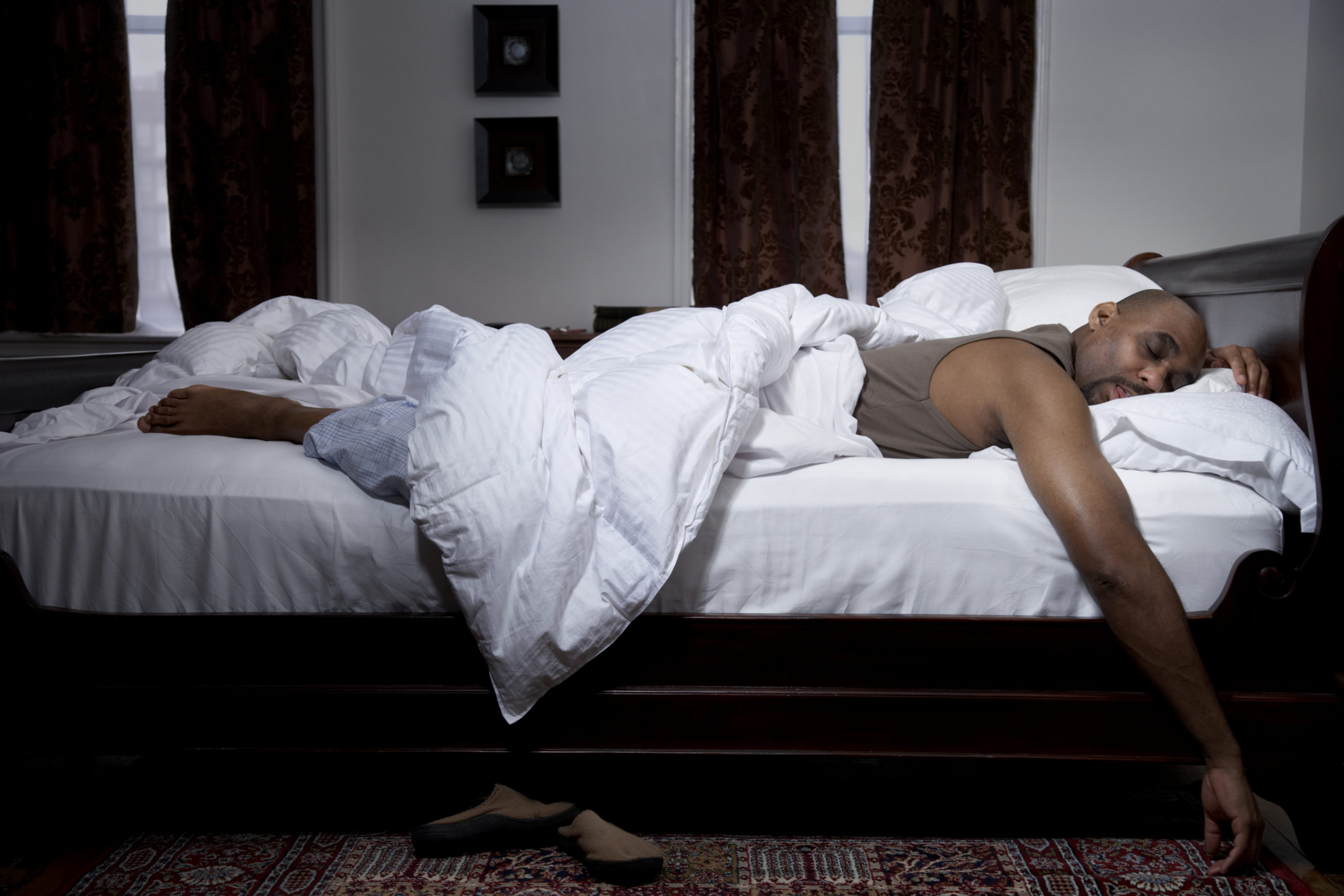
Having trouble falling (or staying) asleep? We asked a doctor who specializes in sleep to give us his top tips for a restful night.
If you’re having sleep issues, small changes to your sleep routine can make a big difference. We talked to cardiologist and sleep physician Professor Pierre Escourrou, who holds a doctorate in human cardiopulmonary physiology, about how to get the most out of your night. Escourrou, the former head of the Center for Sleep Medicine, Béclère Hospital, is responsible for the Interuniversity Diploma of Sleep and currently practices at the Interdisciplinary Sleep Center in Paris.
Tip #1: Listen to your body, including the signals sent by melatonin, the sleep hormone.
You shouldn’t take more than 20 to 30 minutes to fall asleep. After this time, if you are still awake, get up and read or watch television. It is more important to sleep properly for 5 hours properly than to sleep poorly for 8. But if you feel fatigue coming on, don’t try to stay awake—go to bed.
Tip #2: Set up a sleep ritual.
If you have a “ritual” or habits before you go to sleep, don’t change them, even if you go to bed late. These habits allow your body to prepare for sleep by signaling your body that you are going to bed.
Tip #3: The temperature in your room should be moderate.
The ideal temperature for a good night’s sleep is 64°F, because your body needs to cool down in order to fall asleep. It is also important to ventilate your room before falling asleep. Fresh air will allow you to breathe better during the night.
Tip #4: Avoid hot showers before going to bed..
Do not take a hot bath or shower before going to bed. This raises your body temperature and delays falling asleep.
Tip #5: Turn off lights and noise before bed.
Noise and light can disturb your sleep or keep you from falling asleep. Make sure you isolate yourself from outside noise or light, as well as light from other sources, such as night lights on your electronic devices.
Tip #6: Avoid overeating at dinner.
Don’t eat too much before you fall asleep. Meals that have too much meat, in particular, can increase alertness, and you may wake up in the middle of the night. On the other hand, certain foods may help you fall asleep: consider having hot herbal tea or milk before going to bed.
Tip #7: Be active during the day.
Physical activity during the day will help you sleep. However, be careful to keep an interval of 4 hours between your last physical activity and bedtime—otherwise you risk possibly disturbing your sleep.
Tip #8: Keep a regular sleep schedule.
Try to keep regular bedtime and wake-up times, as this puts your body into a routine and you’ll sleep better.
Tip #9: Wake up to light.
Exposure to natural or artificial light promotes wakefulness. Open the shutters or use a dawn simulator to wake up gently. Enjoy daylight outside for at least 1/2 hour every morning.
Tip #10: Stretch when you wake up.
When you wake up, warm up. The body cools down during the night and needs to warm up to wake up properly. Stretch out, shake, and take a shower or a hot drink.
So if you’re having trouble falling—or staying asleep—consider making a few changes to your nightly routine. They could make all the difference.



